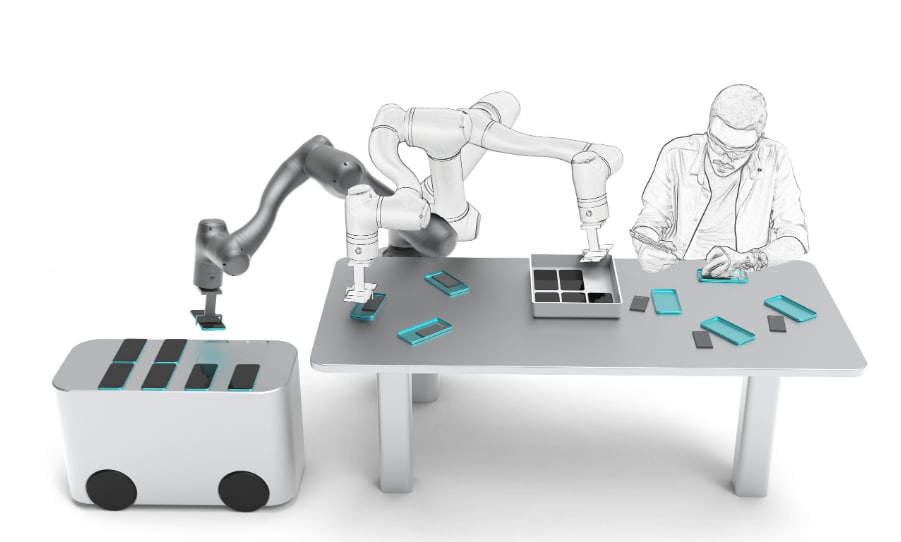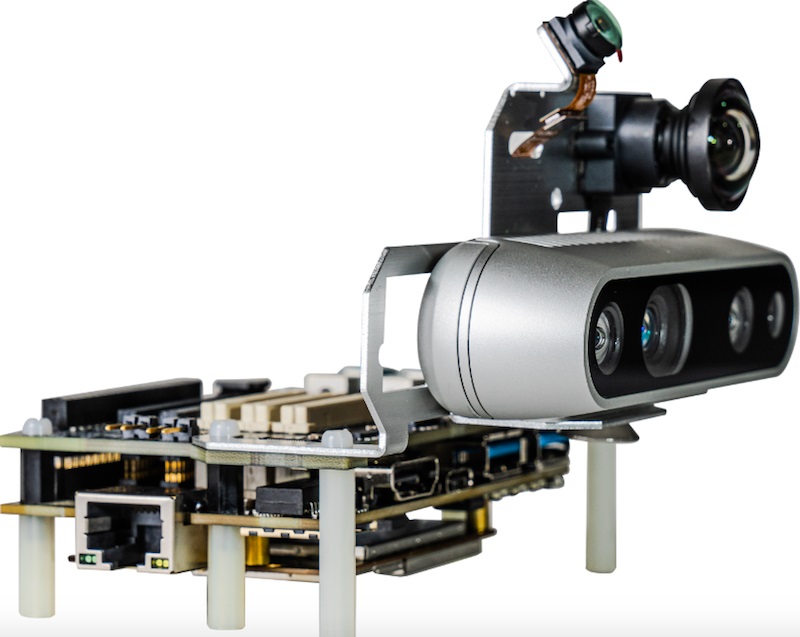In recent years, there have been instances of robots being involved in the death of people, with the fatal accident at the Volkswagen plant in Baunatal, Germany, attracting significant media attention. While safety standards are constantly improving, and the probability of accidents involving human-robot interaction is decreasing, such events will continue to occur due to the increasing number of robots in factories.
It is essential to report these incidents accurately, using precise data and appropriate language. The media has sensationalized the Baunatal incident as a case of "a robot killing an employee," which is both misleading and irresponsible. A more accurate description would be "a worker died in a robot accident," as robots lack intentions, emotions, and goals, and cannot kill in the same way humans or animals can.
Correctly reporting such incidents is not merely an academic exercise in pedantry; the stakes are high. Unfounded fears of robots can lead to a halt in the development of artificial intelligence, delaying or denying the significant advantages robots can offer to industry and society. Moreover, accurate descriptions ensure that responsibility is placed on humans, not robots, for their actions.
As robots become more prevalent, it may appear that they are completely autonomous and have their own intentions. However, this is a false perception that could lead to robots being used as scapegoats, while developers, customizers, and users evade responsibility. It is crucial to recognize that humans are responsible for what robots do and to avoid attributing agency to robots to absolve their creators of responsibility.
The language used in discussing robots and their roles should be precise and accurate. Instead of asking how to create the right robots, we should consider how to ethically design and develop robots. This subtle shift in language can lead to significant changes in robot design approaches, such as focusing on embodying developers' moral values rather than attempting to give robots a human level of common sense to apply moral laws.
In the Volkswagen accident, initial findings pointed to human error as the cause, not problems with the robot. However, even if there were issues with the robot, such as component defects or programming errors, these abnormal situations would still stem from human error. While there are industrial accidents where no single person or group is to blame, it is essential not to seek agency relationships with robots to absolve their creators of responsibility.
In conclusion, accurate reporting and responsibility are vital in robot-related incidents to avoid unfounded fears and ensure ethical robot design. By maintaining a focus on human responsibility and ethical considerations, we can create a future where robots benefit industry and society without compromising safety or accountability.


















